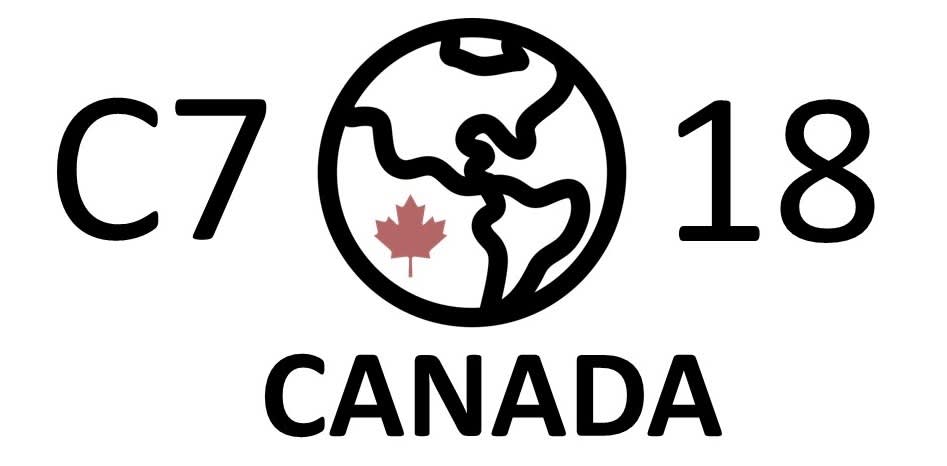
New guide from CCIC and Equitas on human rights-based approaches
CCIC and Equitas are excited to launch a new training manual providing organizations everywhere with all the resources required to run a workshop on integrating a human rights-based approach (HRBA) into global development programming. By the end of a training using this manual, participants should be able to better integrate the elements of HRBA into the programs and projects of their organization(s), and share knowledge with peers and partners on how to integrate a HRBA in their work. Check it out and make it yours!
This new guide follows a series of workshops last year, coordinated by CCIC and Equitas with support from the CSO Partnership for Development Effectiveness, to build civil society capacity on HRBA. It also follows previous collaborations between CCIC, Equitas, and the Coady International Institute around integrating HRBA into Development Programming in the context of the Istanbul Principles for CSO Development Effectiveness.
Canada releases it first Voluntary National Review
June was the seventh High Level Political Forum on Sustainable Development (HLPF), and the third since the adoption of the UN’s Sustainable Development Goals (SDGs). Alongside 45 other countries, Canada presented its (VNR) – the principal tool by which countries assess SDG implementation. Released just a week prior to the HLPF, Canada’s VNR offered a baseline of where Canada stands against the goals. As is tradition now at the HLPF, the BC Council for International Cooperation (BCCIC) released a shadow report, independently assessing Canada’s progress. While there is finally some clarity as to where the new SDG Unit that was announced in Budget 2018 will be housed (Employment and Social Development Canada), with Minister Jean-Yves Duclos the lead among eight other different Ministries, Canada has yet to engage meaningfully with stakeholders on the SDGs, to raise public awareness, and to develop a national SDG strategy and plan. In the coming months, Alliance2030, which was officially launched during HLPF with Parliamentary Secretary Adam Vaughan, will bring more stories of how civil society is implementing the Goals in Canada.




